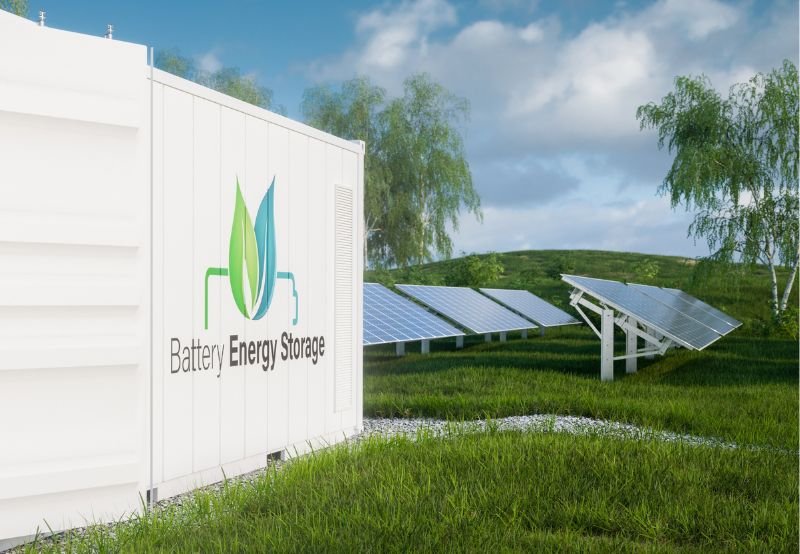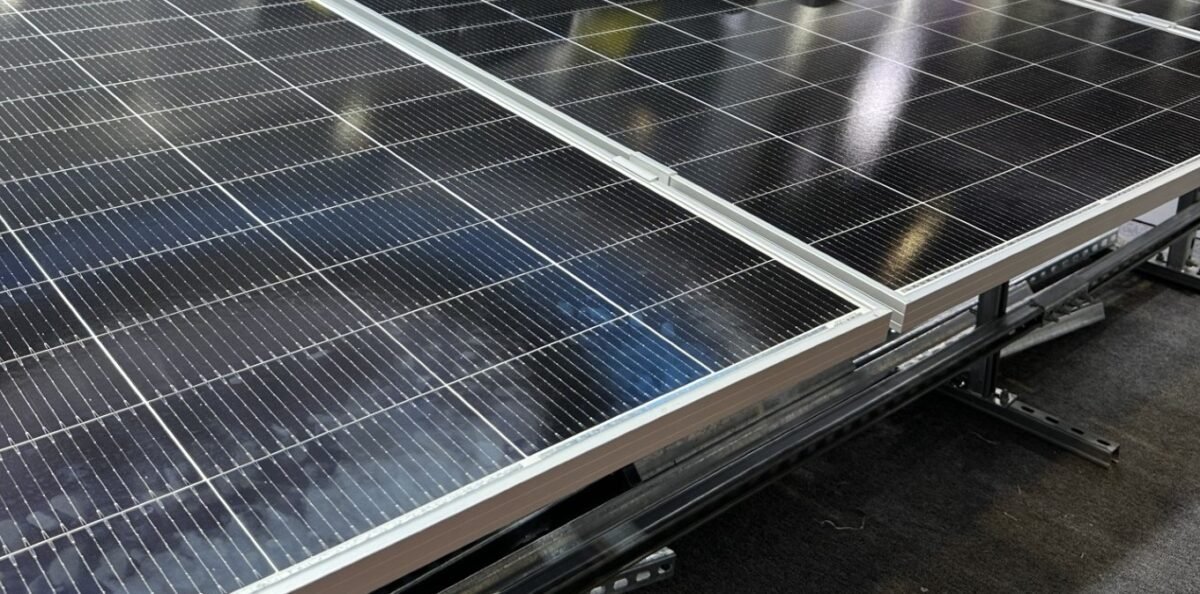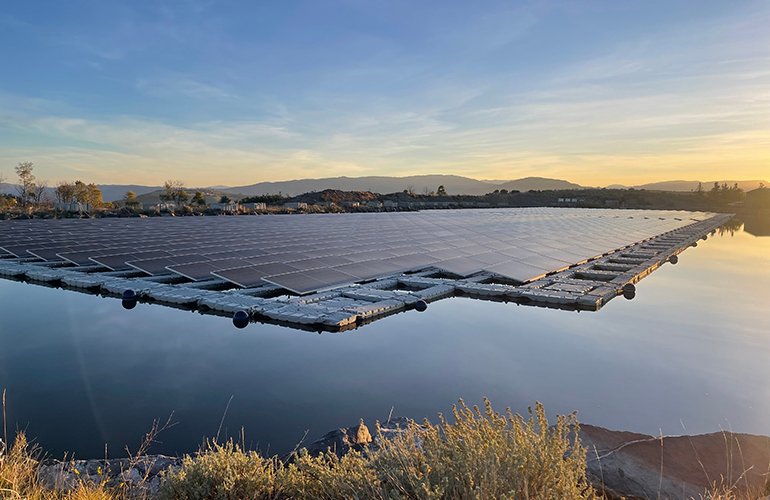Bila Solar and Origami Launch US-Made Steel-Frame Panels
Bila Solar has teamed up with Origami Solar to roll out a new steel-frame solar panel option for its U.S. customers. This collaboration brings domestically manufactured steel frames and solar cells into Bila’s 550-W dual-glass modules, all assembled in Indiana. But why does this matter for installers and developers? Let’s break it down.
Why Steel Frames? Durability Meets Domestic Sourcing
Steel frames aren’t just sturdy—they’re a game-changer for durability in harsh climates. Unlike traditional aluminum frames, steel offers higher tensile strength, which means fewer worries about warping or corrosion over time. And since both the frames and cells are made in the U.S., supply chain delays take a backseat.
The Indiana Advantage: Local Assembly, Faster Turnaround
Bila’s Indiana-based assembly line cuts down on logistics headaches. For projects banking on tariffs or incentives like the Inflation Reduction Act (IRA), locally sourced components can be the difference between profit and paperwork purgatory.
But What About Costs?
Steel might sound expensive upfront, but here’s the twist: longer lifespan + reduced maintenance = lower lifetime costs. Pair that with federal tax credits, and the math starts looking sweeter. It’s like choosing a Tesla Powerwall over generic batteries—you pay more now but sleep better for years.
Field Notes: Will Contractors Notice a Difference?
Absolutely. Steel’s weight can be a hiccup for rooftop installs, but ground-mounted systems? Smooth sailing. Plus, Origami’s design reportedly shaves off installation time with pre-drilled holes. No more fumbling with mismatched hardware.
The Bigger Picture: Domestic Content Rules
With the IRA tying incentives to U.S. manufacturing, Bila’s move isn’t just smart—it’s strategic. Projects using these panels could hit higher domestic content thresholds, unlocking bigger rebates. Think of it as a domino effect: more local jobs, happier policymakers, and stronger grid independence.
Remember California’s 2020 module shortage? This partnership nudges the industry toward fewer ‘what-if’ scenarios. Because when it comes to solar, reliability isn’t a luxury—it’s non-negotiable.






